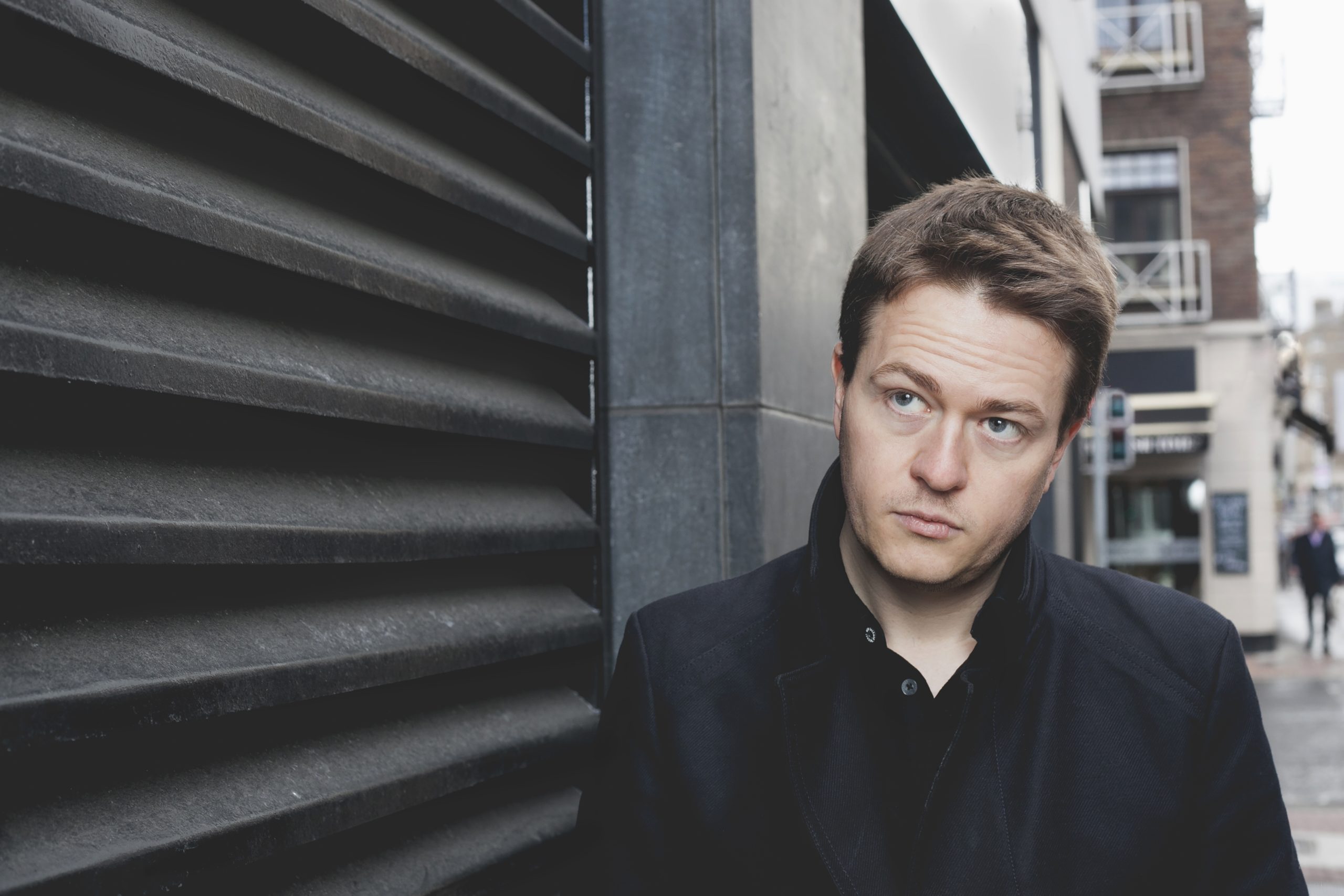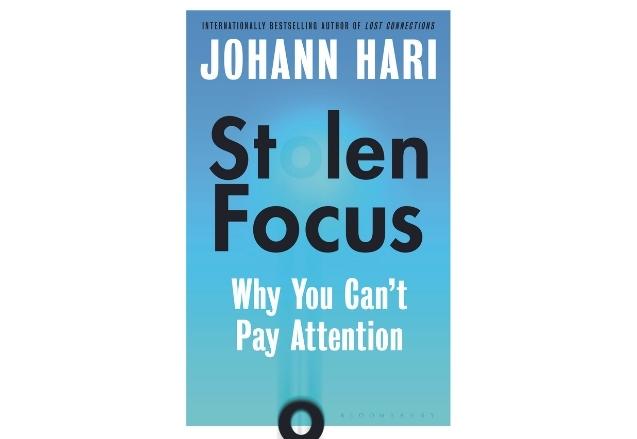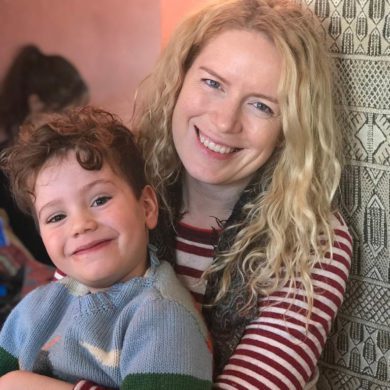Over the past decade, it has often felt as though our collective ability to pay attention – to focus – has been gradually cracking and breaking.
I could feel it happen to me – I would buy piles of books, and I would glimpse them guiltily from the corner of my eye as I sent, I told myself, just one more tweet. I still read a lot, but with each year that passed, it felt more and more like running up a down escalator.
I had just turned forty, and wherever my generation gathered, we would lament our lost capacity for concentration, as if it was a friend who had vanished one day at sea and never been seen since.
Wherever my generation gathered, we would lament our lost capacity for concentration.
Sometimes it felt like our civilisation had been covered with itching powder, and we spent our time twitching and twerking our minds, unable to simply give attention to things that matter.
A couple of years ago, I went to interview one of the leading scientific specialists on willpower in the world, a man named Professor Roy Baumeister, who is based at the University of Queensland in Australia.
He had been studying the science of willpower and self-discipline for more than thirty years, and as I sat down opposite the 66-year old, I explained I was thinking of writing a book about why we seem to have lost our sense of focus, and how we can get it back. I looked to him hopefully.
It was curious, he said, that I should bring up this topic with him. ‘I’m feeling like my control over my attention is weaker than it used to be,’ he said. He used to be able to sit for hours, reading and writing, but now ‘it seems like my mind jumps around a lot more’.
He explained that he had realised recently that ‘when I start to feel bad, I’d play a video game on my phone, and then that got to be fun’. I pictured him turning away from his enormous body of scientific achievement to play Candy Crush Saga. He said: ‘I can see that I am not sustaining concentration in perhaps the way I used to.’ He added: ‘I’m just sort of giving in to it, and will start to feel bad.’
Roy Baumeister is literally the author of a book named Willpower, and he has studied this subject more than anyone else alive. I thought, If even he is losing some of his ability to focus, who isn’t it happening to?
So, I went on a 30,000 mile journey to find out how we can get our focus and attention back. I interviewed over 250 experts – from Miami to Moscow, from Montreal to Melbourne to write my book Stolen Focus.

I came to believe that we have profoundly misunderstood what is actually happening to our attention. For years, whenever I couldn’t focus, I would angrily blame myself. I would say: You’re lazy, you’re undisciplined, you need to pull yourself together. Or I would blame my phone, and rage against it, and wish it had never been invented. Most of the people I know respond the same way. But I learned that in fact something much deeper than personal failure, or a single new invention, is happening here.
I found strong evidence that our collapsing ability to pay attention is not primarily a personal failing on my part, or your part, or your kid’s part. This is being done to us all. It is being done by very powerful forces. Those forces include Big Tech, but they also go way beyond them. This is a systemic problem.
I thought the solution was obvious: be more disciplined, and banish your phone.
When I first began researching why so few of us can pay attention, I thought the solution was obvious: be more disciplined, and banish your phone. So I went online and booked myself a little room by the beach in Provincetown, at the tip of Cape Cod.
I announced triumphantly to everyone – I am going to be there for three months, with no smartphone, and no computer that can get online. I’m done. I’m tired of being wired.
And it was true; in my first webless week in Provincetown, everything radically slowed down. Normally I follow the news every hour or so, getting a drip-feed of anxiety-provoking facts and trying to smush them together into some kind of sense. In Provincetown, I could no longer do this. Instead, every morning, I would buy three newspapers and sit down and read them.
Every few hours, I would feel an unfamiliar sensation gurgling inside me and I would ask myself: what is that? Ah, yes. Calm.
But even when I felt the physical relief from this slowness, it was followed by a bubbling kind of guilt. How can we all change our lives so we feel more like this? How do you slow down in a world that is speeding up?
How do you slow down in a world that is speeding up?
And if the world has sped up, and we have become overwhelmed by information to the point that we are less and less able to focus on any of it, why has there been so little pushback?
I left Provincetown in August, and by December, the Screen Time [indicator] on my iPhone indicated that I was spending four hours a day on my phone. I wasn’t quite back to where I had been at the start, but I had clearly slid back into distraction and disruption.
I felt like a failure.
It was only later that I interviewed former senior Google strategist James Williams, who told me I had made a fundamental mistake.
He told me a digital detox is ‘not the solution, for the same reason that wearing a gas mask for two days a week outside isn’t the answer to pollution. It might, for a short period of time, keep, at an individual level, certain effects at bay. But it’s not sustainable, and it doesn’t address the systemic issues.’
He said our attention is being deeply altered by huge invasive forces in the wider society. Saying the solution is primarily to personally abstain is just ‘pushing it back onto the individual’, he said, when ‘it’s really the environmental changes that will really make the difference’.
For a long time, I didn’t really understand what this meant. The answer slowly became clear to me when I met with many people who had designed crucial aspects of the world in which we now live.
One of those people was Aza Raskin. You probably haven’t heard of him – but he has directly intervened in your life. He will, in fact, probably affect how you spend your time today. Aza grew up in the most elite sliver of Silicon Valley, at the height of its confidence that it was making the world better.
His dad was Jef Raskin, the man who invented the Apple Macintosh for Steve Jobs, and he built it around one core principle: that the user’s attention is sacred. The job of technology, Jef believed, was to lift people up and make it possible to achieve their higher goals.
Aza became a precocious young coder, and he gave his first talk about user interfaces when he was ten years old. By the time he was in his early twenties, he was at the forefront of designing some of the first internet browsers, and he was the creative lead on Firefox.
As part of this work, he designed something that distinctly changed how the web works. It’s called ‘infinite scroll’. Older readers will remember that it used to be that the internet was divided into pages, and when you got to the bottom of one page, you had to decide to click a button to get to the next page. It was an active choice. It gave you a moment to pause and ask: Do I want to carry on looking at this?
It gave you a moment to pause and ask: Do I want to carry on looking at this?
Aza designed the code that means you don’t have to ask that question any more. Imagine you open Facebook. It downloads a chunk of status updates for you to read through. You scroll down through it, flicking your finger – and when you get to the bottom, it will automatically load another chunk for you to flick through. When you get to the bottom of that, it will automatically download another chunk, and another, and another, forever. You can never exhaust it. It will scroll infinitely.
Aza was proud of the design. ‘At the outset, it looks like a really good invention,’ he told me. He believed he was making life easier for everyone. He had been taught that increased speed and efficiency of access were always advances. His invention quickly spread all over the internet.
Today, all social media and lots of other sites use a version of infinite scroll. But then Aza watched as the people around him changed. They seemed to be unable to pull themselves away from their devices, flicking through and through and through, thanks in part to the code he had designed. He found himself infinitely scrolling through what he often realised afterwards was crap, and he wondered if he was making a good use of his life.
One day, when he was 32, Aza sat down and did a calculation. At a conservative estimate, infinite scroll makes you spend 50 percent more of your time on sites like Twitter. (For many people, Aza believes, it’s vastly more.)
Every day the combined total of 200,000 human lifetimes is now spent scrolling through a screen.
Sticking with this low-ball percentage, Aza wanted to know what it meant, in practice, if billions of people were spending 50 percent more on a string of social media sites. When he was done, he stared at the sums. Every day, as a direct result of his invention, the combined total of 200,000 more total human lifetimes – every moment from birth to death – is now spent scrolling through a screen. These hours would otherwise have been spent on some other activity.
When he described this to me, he still sounded a little stunned. That time is ‘just completely gone. It’s like their entire life – poof. That time, which could have been used for solving climate change, for spending time with their family, for strengthening social bonds. For whatever is it that makes their life well-lived. It just…’ He trailed off.
Slowly, Aza came to better understand the logic of Silicon Valley, which sells itself by articulating ‘a big, lofty goal – connecting everyone in the world, or whatever it is. But when you’re actually doing the day-to-day work, it’s about increasing user numbers.’ What you are selling is your ability to grab and hold attention.
The truth is that you are living in a system that is pouring acid on your attention every day, and then you are being told to blame yourself and to fiddle with your own habits while the world’s attention burns.
There are real steps you can take as an isolated individual to reduce this problem for yourself. But those changes will only get you so far. Unless you are very lucky, they won’t allow you to escape the attention crisis.
Systemic problems require systemic solutions. We have to take individual responsibility for this problem, for sure, but at the same time, together, we have to take collective responsibility for dealing with these deeper factors.
We are not medieval peasants begging at the court of King Zuckerberg for crumbs of attention. We are the free citizens of democracies, and we own our own minds and our own society.
Often, when a person argues for social change, they are called ‘naive’. The exact opposite is the truth. It’s naive to think we as citizens can do nothing, and leave the powerful to do whatever they want, and somehow our attention will survive. There’s nothing naive about believing that concerted democratic campaigning can change the world. As the anthropologist Margaret Mead said, it’s the only thing that ever has.
I realised that we have to decide now: do we value attention and focus? Does being able to think deeply matter to us? Do we want it for our children? If we do, then we have to fight for it.














No Comments